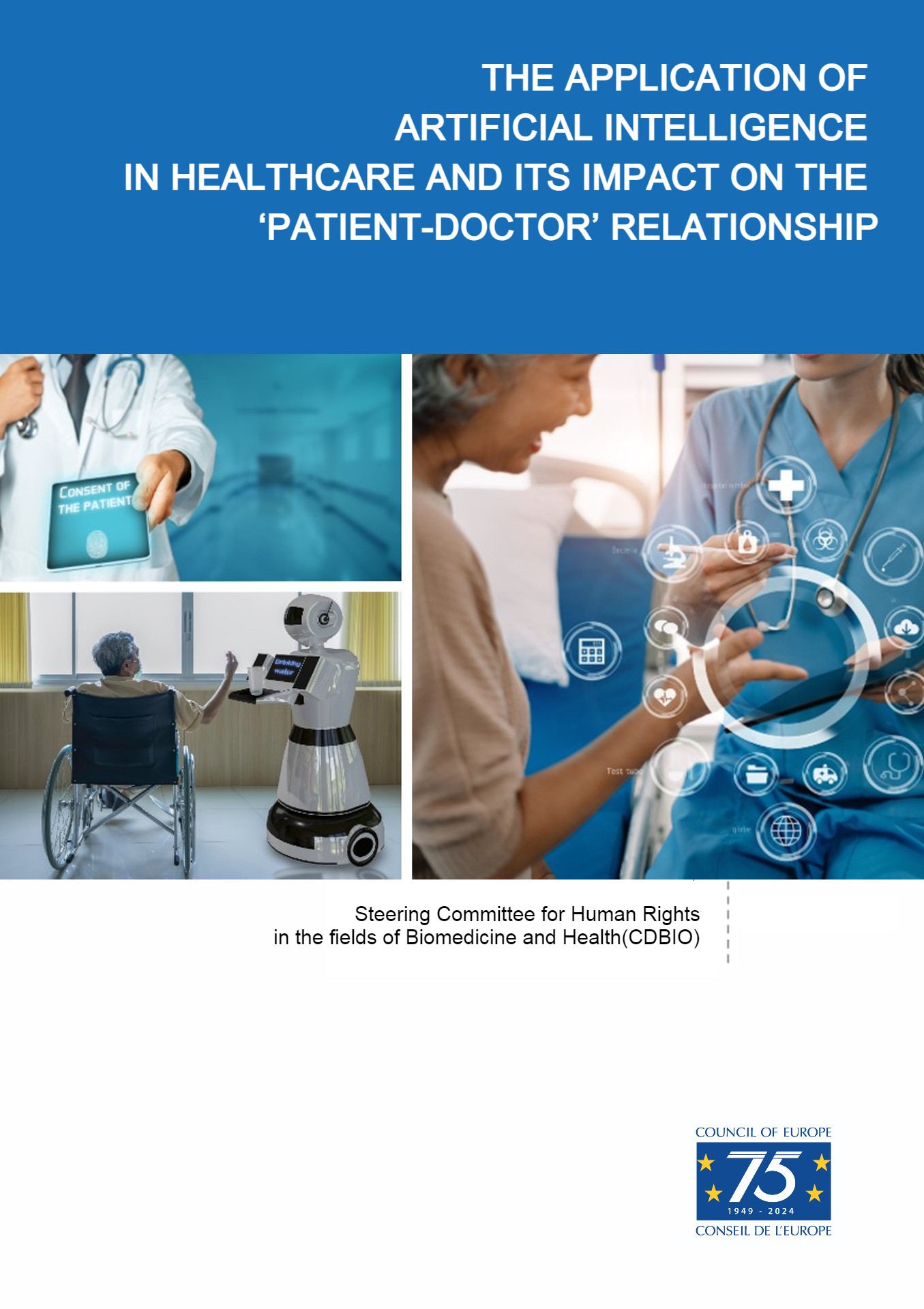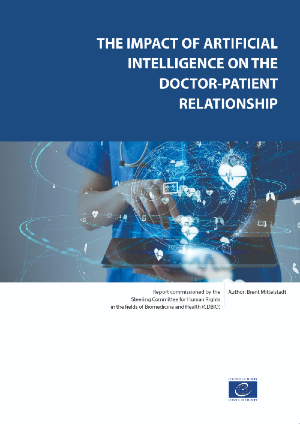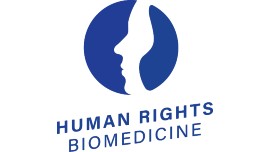Artificial Intelligence

The Council of Europe’s Steering Committee for Human Rights in the fields of Biomedicine and Health (CDBIO) has issued a new report on the Application of AI in healthcare and its impact on the ′patient-doctor′ relationship. The report focuses on selected human rights principles, as referred to in the ‘Oviedo Convention’, of particular relevance to the relationship, namely patient autonomy, professional standards, self-determination regarding health data, and equitable access to health care.
The report was prepared in the framework of the Council of Europe Strategic Action Plan on Human Rights and Technologies in Biomedicine (2020-2025), regarding the governance of technologies and the strategic objective of “Embedding human rights in the development of technologies which have an application in the field of biomedicine”.
Why is the report on the application of AI in healthcare and its impact on the patient-doctor relationship so important in Finland?
Council of Europe
- HUDERIA Methodology - AI risk and assessment tool
- Council of Europe Framework Convention on artificial intelligence and human rights, democracy, and the rule of law | 2024
- Explanatory Report of the Framework Convention on artificial intelligence and human rights, democracy, and the rule of law | 2024
European Commission
- Artificial Intelligence Act | 2024
OECD
- Recommendation of the Council on Artificial Intelligence | adopted on 2019 and amended on2024
UNESCO




